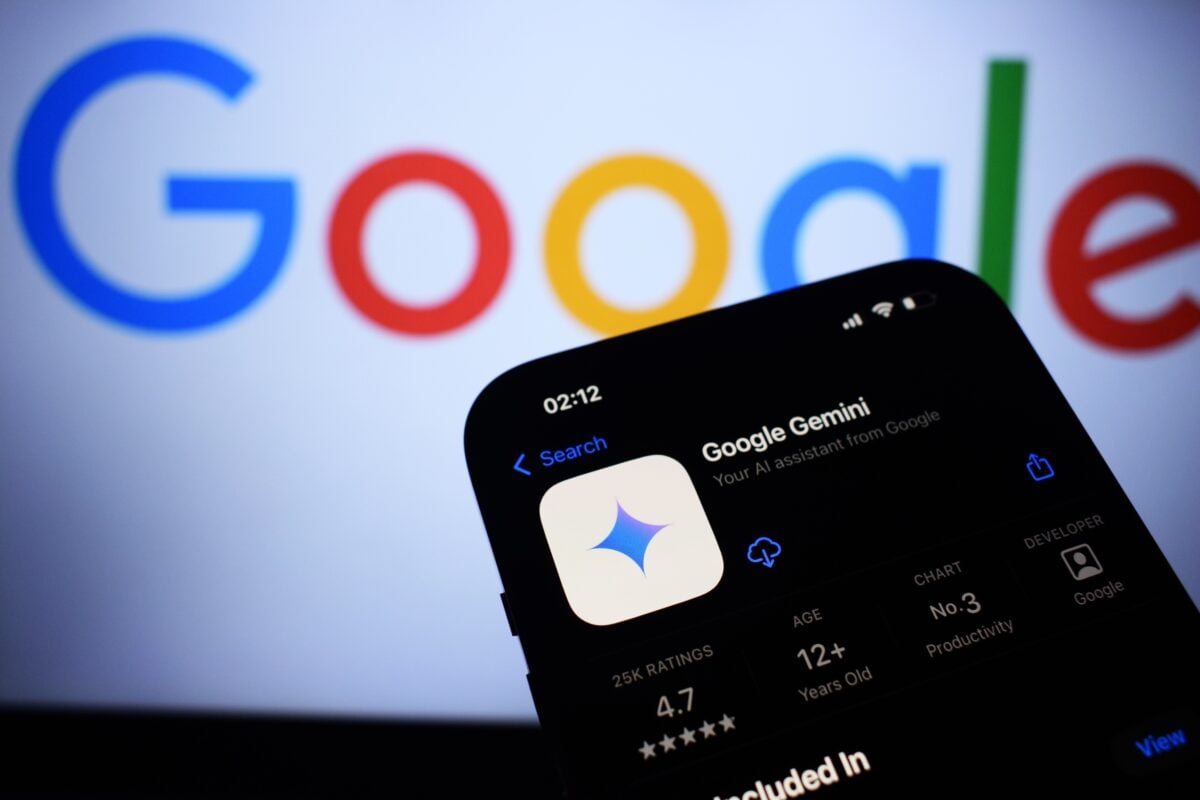TLDRs;
- Apple is exploring a partnership with Google to integrate Gemini AI into Siri after internal delays.
- Siri’s overhaul faced setbacks, with talent losses and engineering issues forcing Apple to consider external AI solutions.
- Apple is developing two Siri versions: one powered internally, another potentially backed by Google’s Gemini AI.
- A deal would mark Apple’s first major AI outsourcing move, breaking from its tradition of strict vertical integration.
Apple is reportedly in preliminary discussions with Google to integrate the tech giant’s Gemini AI model into the next version of Siri, marking a potential shift in Apple’s long-standing strategy of in-house technology development.
The talks, which remain exploratory, underscore Apple’s growing urgency to catch up in the rapidly evolving field of generative artificial intelligence.
Siri struggles force tough choices
The negotiations come at a time when Apple is facing mounting challenges in advancing its own AI initiatives. Efforts to upgrade Siri were recently delayed by a full year due to engineering setbacks, while the company’s AI division has suffered notable departures.
Among them was Ruoming Pang, Apple’s chief architect of AI models, who left for Meta with a compensation package reportedly valued at $200 million. Several of his colleagues soon followed, leaving Apple’s AI talent pipeline stretched thin.
Executives are now weighing whether to push forward with Apple’s proprietary AI systems or embrace external solutions. Reports suggest that two parallel Siri versions are being developed, one powered by Apple’s in-house models, and another reliant on third-party technologies such as Gemini.
Exploring Gemini and other partners
While Google’s Gemini is currently under consideration, Apple has also explored collaborations with OpenAI and Anthropic. No final decision has been made, and sources indicate that the talks with Google are still in an early phase.
If an external model is chosen, Apple plans to run the AI on its Private Cloud Compute servers rather than directly on users’ devices.
This approach would allow Apple to maintain a balance between leveraging powerful external AI tools and preserving its long-held commitment to user privacy and device security.
A break from Apple’s tradition
Partnering with Google on a core technology like Siri would mark a significant break from Apple’s historic preference for vertical integration. Since acquiring Siri for an estimated $150–250 million in 2010, Apple has typically chosen to build or acquire AI capabilities rather than outsource them.
A deal with Google would represent Apple’s first major AI outsourcing move and signal how competitive pressures are reshaping even the most secretive of tech giants.
The potential partnership would also follow a broader industry trend in which rivals collaborate in areas where the scale of resources and expertise required makes going solo difficult. Google already supplies advanced AI features to Samsung smartphones, demonstrating how competitors can cooperate when AI demands exceed individual capabilities.
Industry analysts note that Apple’s delay in developing trillion-parameter models, highlights the urgency of this strategic reassessment. By aligning with Google, Apple could accelerate Siri’s evolution while reducing the risk of falling further behind in the AI race.







